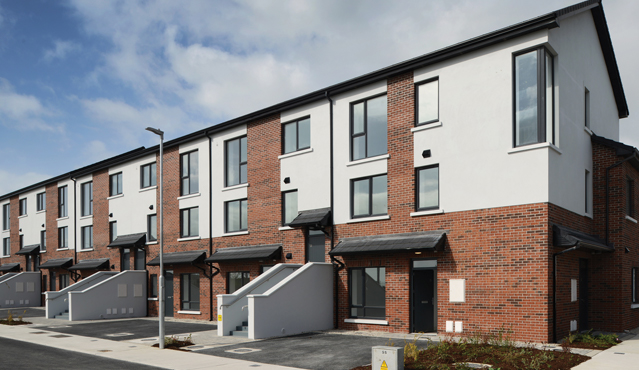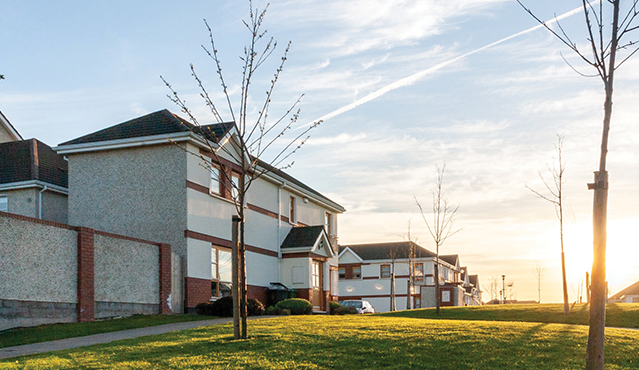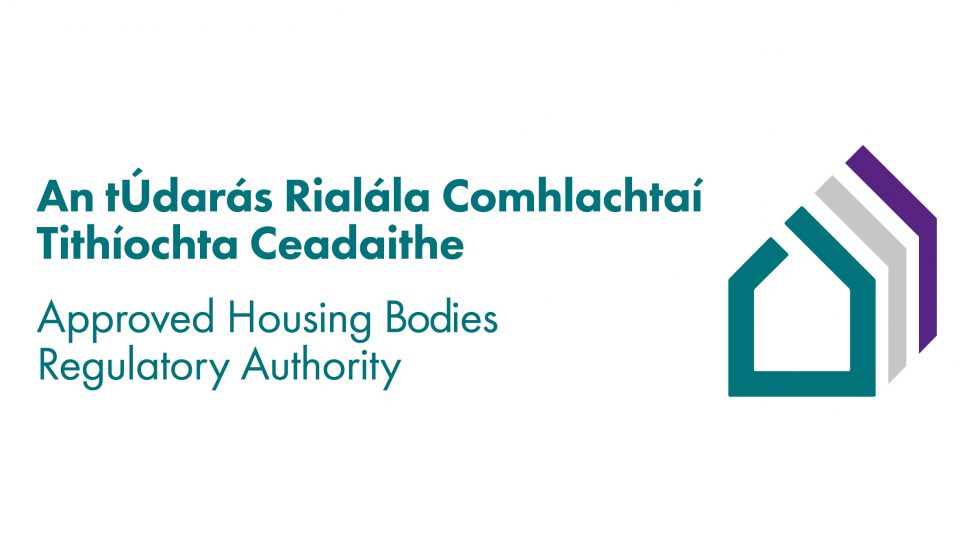
Delivering homes and creating communities
1st June 2021
Rent Pressure Zones to be replaced
1st June 2021Driving the retrofit wave

Following the publication of Ireland’s retrofit targets in the Climate Action Plan in 2019 and Programme for Government in 2020, the Sustainable Energy Authority of Ireland (SEAI) was designated as the National Retrofit Delivery Body. Chief Executive Officer
William Walsh outlines the rationale informing the National Retrofit Programme.
Contextualising energy use in Irish homes, the SEAI CEO explains that close to one-quarter of Ireland’s total energy use is consumed in homes, and the sector is responsible for approximately one-quarter of energy related CO2 emissions.
Against this backdrop, there has been a significant intensification in the scale, pace and depth of Ireland’s retrofitting ambition. Both the Climate Action Plan and the Programme for Government commit to retrofitting 500,000 homes, or almost one-third of all residential buildings, to a Building Energy Rating of B2 by 2030 and to installing 400,000 heat pumps in existing buildings in the same period.
Launched in September 2020, the National Home Retrofit Scheme is administered by the SEAI and aims to encourage the development of one-stop-shops, engaging groups of private households, approved housing bodies (AHBs) and local authorities which want to deliver home energy efficiency upgrades.
“Recognising that local authorities and AHBs have significant housing stock, we will partner with them to drive economies of scale and leave no opportunity behind. The SEAI will be providing support to these organisations, creating an ecosystem that delivers larger, more efficient, aggregated projects to drive the cost of retrofit down,” the SEAI CEO asserts.
The National Home Retrofit Scheme aims to achieve deeper upgrades of homes at scale, while ensuring good governance and cost control. Its design is conducive to the transition to the new retrofit delivery model being developed by the Retrofit Task Force.
National Programme
The scheme comprises an area-based approach to retrofitting and the one-stop-shop model brings together diverse elements of retrofit projects, including demand generation, home assessments, grant application, contractor engagement, project management, quality assurance and finance provision.
There are four dimensions to the scheme, Walsh indicates. “The first is driving demand and activity. How do we get homeowners to engage? The second is financing and funding models. When we engage homeowners, what are the financing and funding models that will attract them to invest in their homes? The third is the supply chain, skills, and standards. The most significant challenge of all is attracting the 30,000 people we need into this industry, while ensuring standards that inspire trust and confidence in the system. Finally, we have to ensure that the structures and governance are strong.”
Emphasising the structures and governance dimension, the SEAI CEO highlights the need to devise the optimal delivery structure, identify roles for different players, and ascertain the capabilities required. “We will be retrofitting close to 50,000 homes each year. Even at a 35 per cent grant, investment will be around €1 billion per year, so having the right structures in place, to safeguard public monies, is an imperative,” he insists.
Conclusion
Closing the conversation, Walsh emphasises the cross-party enthusiasm for the scheme. “The Minister and the Joint Oireachtas Committee have been huge supporters. Through the Climate Action Plan and the updates to the Climate Action Plan for 2021, we are clear what the trajectory is, what the expectations are and what must be done.
“Our contractors and our partners for the one-stop-shop model are coming together and already piloting the scheme with projects on the ground, and we anticipate the delivery of a significant number of B2s in 2021. The best ambassadors for the scheme are those homeowners who live in warmer, more comfortable, and more cost-efficient homes. Word of mouth will be a key driver of Ireland’s retrofit wave,” he concludes.
Sustainable Energy Authority of Ireland
3 Park Place, Hatch Street Upper
Dublin 2, D02 FX65
T: 01 8082 100
W: www.seai.ie
E: info@seai.ie







